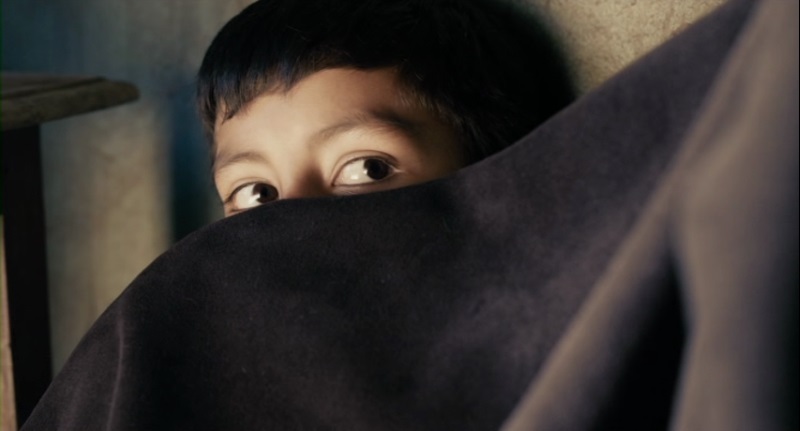


Most important, from a historical point of view, is the fact that by placing the Exodus in the 13th century BC at the time of Ramses the Great, archaeological evidence in support of the biblical event is completely missing. Here Christian Bale portrays Moses battling Egypt’s enemies, the Hittites.

An analysis of Scripture, correlating the known dates for secular events recorded therein with all the internal biblical data regarding the passage of time (the “begats” and so forth), supports an earlier date for the Exodus, a couple of centuries earlier, around 1445 to 1491 BC. The movie opens in 1300 BC with Moses still living in Pharaoh’s court, several decades before the Hebrews’ departure. Not surprisingly, the writers of the film chose a view of biblical chronology espoused by liberal scholars, those of the “Late Exodus” camp. In order to explain where the history in the movie is flawed and how theological issues are dealt with and essential character development is accomplished in spite of these departures from the biblical facts, this review will contain even more spoilers. The history in this movie departs from the biblical account on a number of points. Obviously, the movie is based on the well-known biblical account of Moses’ role in the exodus of the Hebrew slaves from the clutches of the Egyptian pharaoh and his powerful army, as recorded in the book of Exodus. Exodus: Gods and Kings, starring Christian Bale of Batman fame as Moses, opened in theaters this week.


 0 kommentar(er)
0 kommentar(er)
